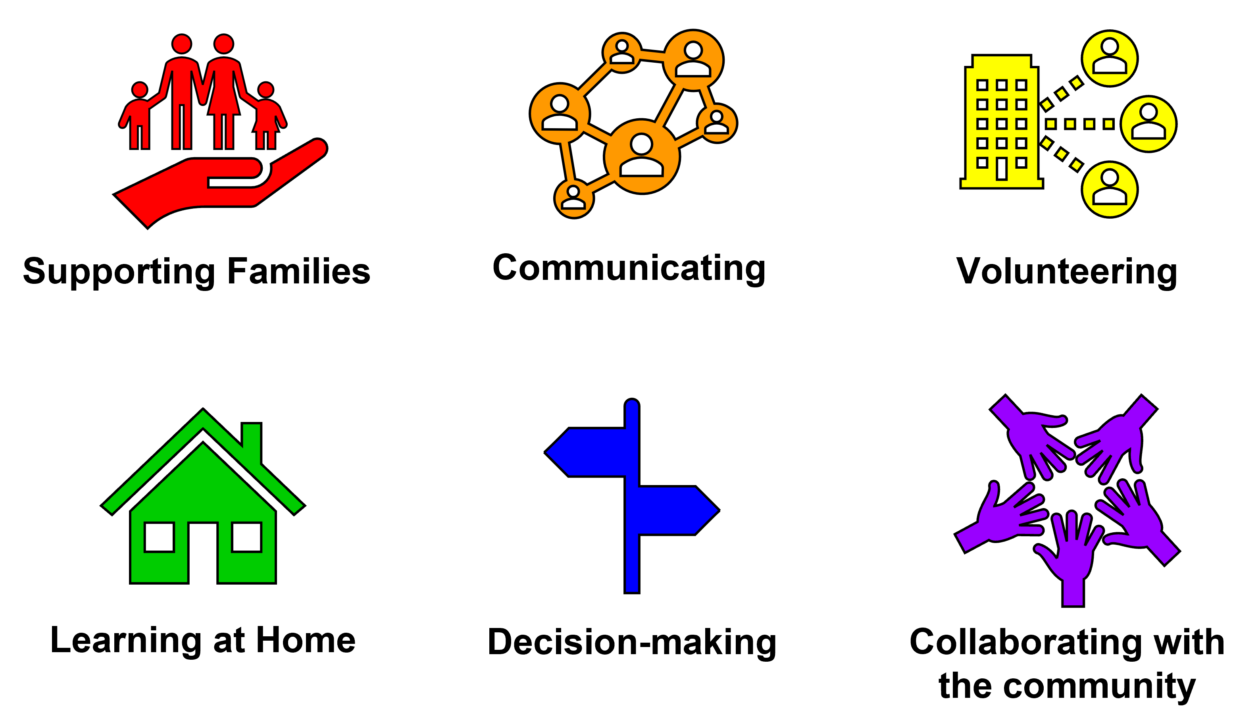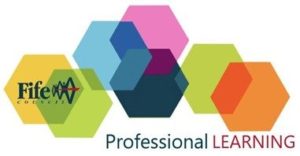The National Discussion on Education indicates
Meaningfully and appropriately engaging with a wide range of people requires thoughtful attention in the design of communications, consultation, engagements and other opportunities for people to contribute, add their voice and be listened to. This is particularly the case for people and groups who are disadvantaged, marginalised, or less frequently heard. The need to build trust, work with trusted intermediaries, to be culturally responsive, to use community languages, and to ensure accessibility for engaging. Addressing barriers to engagement and valuing all voices was stressed as essential. (8.12)
All Learners in Scotland Matter: The National Discussion on Education,
May 2023
The way schools care about children is reflected in the way schools care about children’s families
(Epstein, 1995)
Dr Joyce Epstein’s School-Family-Community Partnership Model is an influential model in parental engagement research. Using a partnership model recognises that parents, teachers, and others in the community share responsibility for a young person’s learning and development. When parents, teachers, pupils, and others view one another as partners in learning, a caring community forms around young people. It is particularly important to ensure that the voices of those with lived experience of the protected characteristics are included.
Hover over each image to see more information.

Supporting Families
supporting, nurturing, loving, understanding
Help all families understand child and adolescent development and help them to support their child’s learning at home.
Help nurseries/schools understand families’ backgrounds, cultures and goals for their children
Communicating
relating, reviewing, and connecting
Make sure there are effective, family-friendly forms of nursery/school-to-home and nursery/home-to-school communications about learning and children’s progress.
Volunteering
supervising, advising, giving skills and time
Offer families and others the opportunity to support the school community by providing support and flexibility so that families know their time and talents are welcomed and valued.
Learning at Home
managing, recognising, interacting, enriching and rewarding
Provide information to families on how they can help support learning at home and recognise what they already do.
Provide opportunities for young people to demonstrate their learning.
Decision-making
contributing, considering, participating
Include parents in school decisions and develop parent leaders and representatives.
Collaborating with the community
co-operating, assisting, developing, problem-solving, and sharing
Use resources and services from the community for families, children & young people, and the school and provide services for the community.


